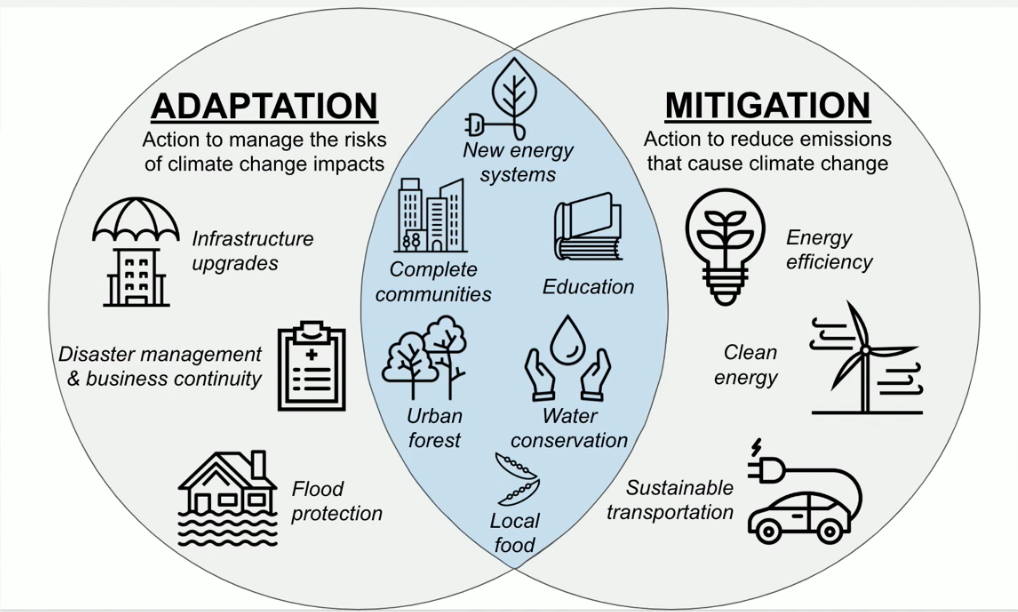
Artificial Intelligence’s (AI) Role in the Future of Climate Change MitigationArtificial Intelligence’s (AI) Role in the Future of Climate Change Mitigation Climate change poses unprecedented challenges, threatening global ecosystems and socioeconomic stability. To mitigate these impacts, artificial intelligence (AI) emerges as a powerful tool, offering innovative solutions and empowering human capabilities. 1. Climate Modeling and Prediction: AI-powered climate models provide more accurate predictions of future climate scenarios, aiding decision-makers in developing effective adaptation strategies. Deep learning algorithms analyze vast climate data, identifying patterns and forecasting potential events with greater precision. 2. Emissions Monitoring and Tracking: AI can monitor and track greenhouse gas (GHG) emissions in real-time through satellite imagery, sensor networks, and data analytics. This information facilitates targeted emission reduction strategies, highlighting sectors and activities with the highest impact. 3. Renewable Energy Optimization: AI optimizes the deployment and operation of renewable energy systems. Machine learning algorithms predict wind and solar patterns, enabling efficient forecasting and grid integration. Additionally, AI can control and monitor smart grids, reducing energy waste and improving energy efficiency. 4. Decarbonization of Industries: AI plays a crucial role in decarbonizing heavy industries, such as manufacturing and transportation. AI-powered process optimization identifies efficiency gains, reduces energy consumption, and optimizes supply chains for lower carbon footprints. 5. Carbon Capture and Storage: AI assists in developing innovative carbon capture and storage technologies. Machine learning algorithms analyze geological data to identify suitable storage sites, optimize injection processes, and monitor carbon sequestration performance. 6. Climate-Resilient Infrastructure: AI enhances the resilience of infrastructure to climate change impacts. AI-enabled sensors monitor structures for early detection of vulnerabilities, while AI-driven simulations predict potential risks and inform proactive maintenance and upgrades. 7. Citizen Empowerment and Education: AI can empower citizens with climate change information and actionable insights. AI-powered platforms provide real-time data on air quality, weather forecasts, and climate impacts, fostering awareness and promoting behavioral changes. Conclusion: Artificial intelligence is a game-changer in the fight against climate change. Its ability to analyze vast data, optimize processes, and improve predictions empowers scientists, policymakers, and businesses to develop effective mitigation strategies. By harnessing the power of AI, we can accelerate the transition to a low-carbon future and safeguard the planet for generations to come.
Posted inNews